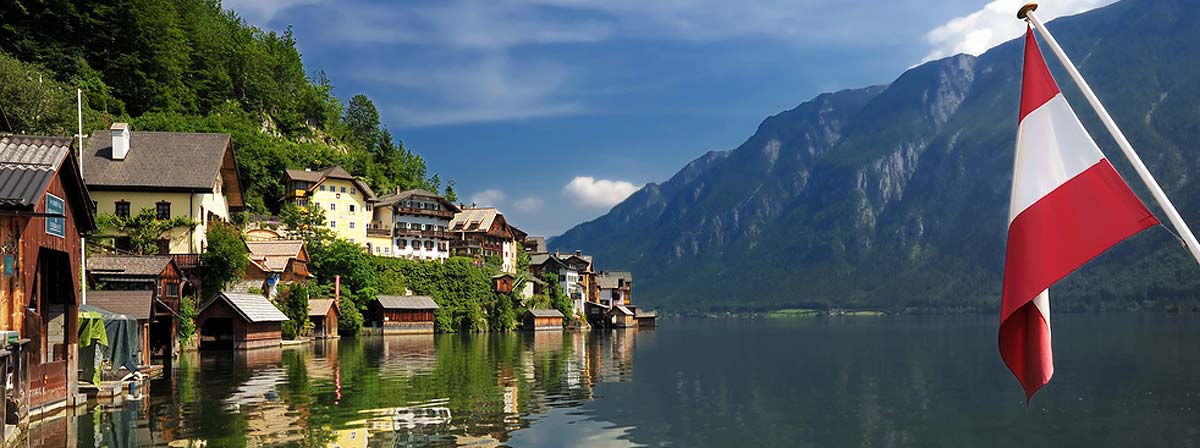
Pets Pets require their own pet passport, microchips, rabies vaccinations within 1 year, but not closer than 21 days from departure, and up to date routine vaccinations. If you intend to bring the pet back to the UK you must ensure the rabies vaccinations are kept up to date.
You must register your address at the local town hall within three days of moving in. You may also be required to prove that you can support yourself and your family. You can also obtain the necessary documents for registering yourself here or at:
Municipal Department MA35 Dresdner Straße 93 1200 ViennaYou can apply for a European Economic Area (EEA) identity card, showing you live in Austria. You may find this a useful alternative to your passport – or passport copy certified by the British consulate. Again, the local administrative office or town hall will able to assist you. You will also need to contact your nearest tax office (Finanzamt), and possible check the web site of the Kammer der Wirtschaftstreuhänder to find a tax advisor.
Under the following link you will find further information that will help you adhere to legal requirements when moving to Austria from UK.
Nearly everyone speaks some English – it is compulsory at school. But you really do need to speak German to get the most out of living in Austria.
There are no restrictions on foreigners buying properties in Austria. There is an Austrian federal association of real estate agents and you will find many estate agents with Google. Newspapers have a section “immobilien” to advertise property. There are also helpful websites that can aid you in finding properties to live in Austria. To find a notary this web site may be helpful Find Notary in Austria. It usually costs more than you expect, so check your finances carefully. Currency rates will affect you – the following web site may save you money: Currency Exchange Austria. Prices for a one bedroom flat in the country range from around £60,000 to £206,000 and the average spend is around £115,000.
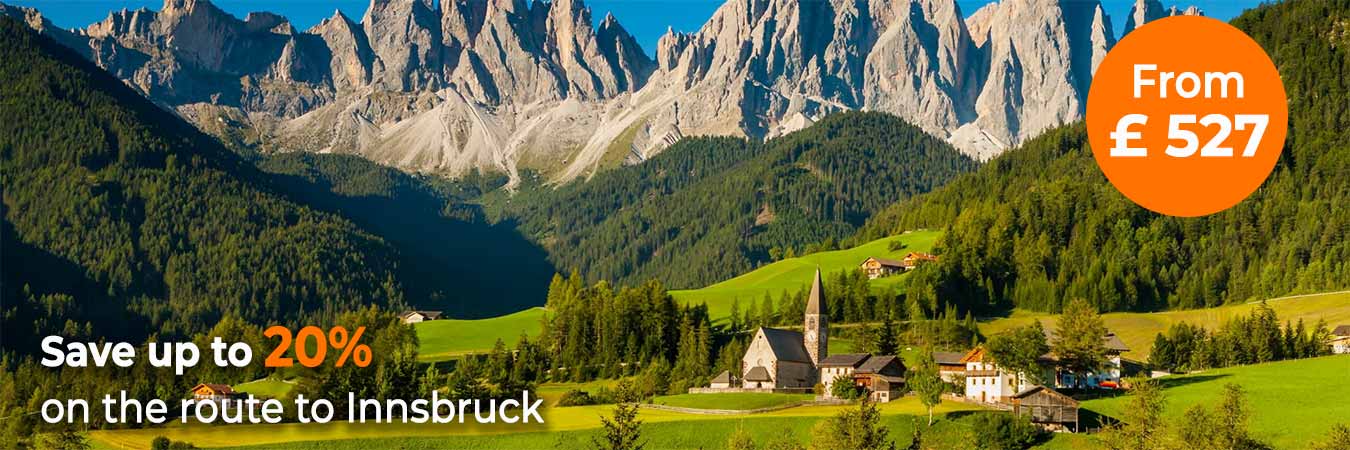
In Vienna the situation is different. Here the house prices are continuing to rise, and as around 70% of the apartments are owned by corporate companies, 75% of people rent their homes. Austria has one of the highest renting populations in Europe and one of the lowest for mortgages.
Property registration and transfer tax costs around 4.5% of the property value. It takes an average of 32 days to complete all the three procedures needed to register a property in Austria.
Total costs around 7.5%-10.32%
The price you pay depends greatly on location. You could buy a one bedroom house in the mountains for around £20,000 but a one bedroom apartment in Vienna would set you back £141,500. Rightmove can give you a quick idea of house prices.
You will have to pay contributions for medical care to a local social insurance organisation (Sozialversicherungsträger). If you are working, your employer will deduct your contributions from your salary. You may want to contact the Department for Work and Pensions (DWP) for advice before leaving the UK. If you receive a UK pension, the UK will continue to be responsible for your health care and issue you with a European Health Insurance Card (EHIC. The NHS web site has full information on this).
English speaking doctors are available, and your regional medical association can assist you in finding one. There is also a foreign patients service +43 1 513 9595 it would be sensible to keep an accurate record of any medical care you may receive – translated into German, if possible.
Telephone numbers 144 ambulance 141 night service GPs
You will pay your taxes to the Austrian tax authorities. There is a taxation agreement between Austria and the UK, to avoid double taxation, and you need to contact HM Revenue and Customs in the UK before relocating, and for specific information relating to your personal circumstances, contact the International Pension Centre (IPC). You should contact the IPC about your pension as this is a complex subject, liable to change and with odd quirks form different pension providers. If you are employed your pension contributions will be automatically deducted from your salary by the employer.
If you pay voluntary contributions to top up your pension in the UK, contact HM Revenue & Customs. If in Austria, contact the company who is providing your social security/health cover.
If you have a life certificate from the UK Pension Service you must reply as quickly as possible otherwise your benefit may be stopped. Call the IPC on +44 191 218 7777 with any queries.
Independent contractors (e.g. language instructors) enjoy limited protection under labour legislation, but almost full social insurance. They have to pay Chamber of Labour fees and are covered by the employees’ provident fund.
Public Transport in Austria is a pleasure to use – especially the trains. These are comfortable, reliable and fast. The main rail website gives good information on services, timetables and discounts. Check their OEBB website for tickets. Where a train doesn’t run, a post bus usually does.
You will find undergrounds, buses, trams and suburban railways in most of the larger cities – as well as the delightful cable cars. (Hint: eat garlic before climbing aboard the cable car – they can be crowded, and everyone else eats garlic). There is a metro system in Vienna. It is possible to buy multi-trip tickets and passes from tabacs, pavement dispensers and sometimes from tourist information centres. One day passes are often excellent value.
Your UK license is valid in Austria, but you must exchange your UK plates for Austrian plates at your nearest Vehicle Registration Office within one month of importing your car. In Austria third-party car insurance is compulsory. You can arrange this with an insurance broker or insurance company, and you will need this before you can change your plates and car registration. Your insurer will advise you on the procedures and make the necessary arrangements. Failure to do so may result in severe financial penalties. When you first register a vehicle you have to pay a standard consumption tax (NOVA). You can pay this at your local tax office.
To drive on the motorways and ‘A’ roads in Austria you must display a sticker, called an ‘Autobahn-Vignette’, and on-the-spot fines are imposed if you do not have one. A twelve-month sticker for private cars is EURO 82.70. You can buy the Vignette at Austrian border crossings and also at most petrol stations post offices and tobacconists.
Beware of the “priority from the right” rule, where you have to give way to traffic coming in from the right.
Documents you MUST carry
Insurance certificate – obligatory at least for third party Driving license Vehicle registration documents Autobahn-Vignette
Equipment you MUST carry
Warning triangle – must be displayed if there is an accident Reflective vest First aid kit Headlamp adjuster In winter conditions the use of four winter tires or snow chains on at least two tires is now mandatory between 1 November and 15 April.
Forbidden
Radar detector
Family life is important on Austria, and they tend to spend weekends doing things as a family group. Family walks, cycling and eating out are all popular ways for Austrians to spend the weekend.
The culture varies enormously, from the classical Viennese centres – the theatres, the world famous opera house, which employs over 1000 people, the formal concerts to the folk dancing schuhplatter and the yodelling in the mountains. Folk music is popular, and mostly played with an accordion and double necked guitar. The cities now have a vibrant nightlife – and there are websites describing just what there is. Vienna is famed for its electronic music, and some of the clubs have been selected as the best locations worldwide. You will find a wealth of information at the tourist offices.
Making friends in the cities is not too hard, but you really need to speak German to join in properly, even a little helps. There are plenty of dating sites on the internet – but one needs to be extra cautious in a foreign country. There are so many things to do in Austria, you simply have to find them, join them and then enjoy them.
There are several sites where you can find information about jobs, housing and arrange meetings with like – minded expats. They provide a wealth of information. You might like to check Internations and Expatexchange.
Tolerate the rules and regulations – Austria is their country. Think instead of its beauty, the friendliness of the people and the rich cultural heritage.
Read more practical information and book your removals to Austria.
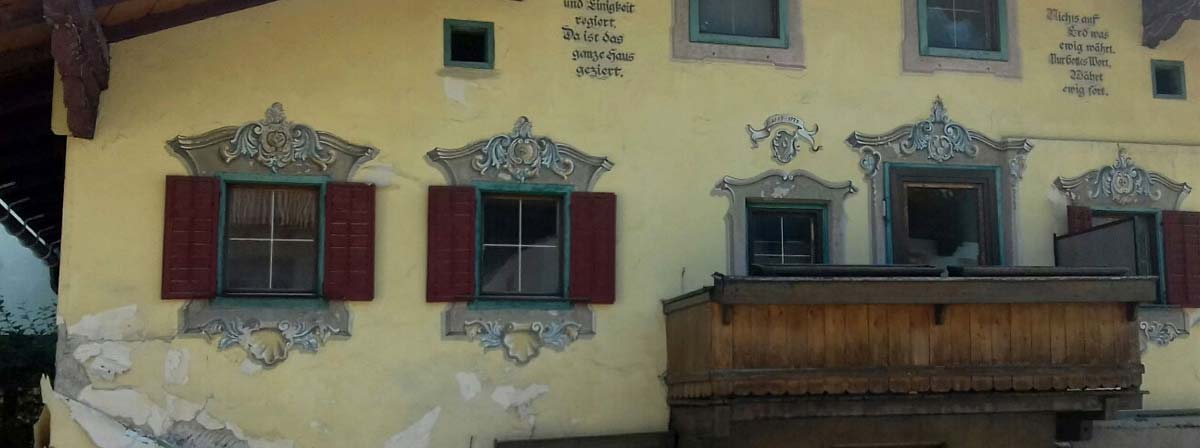 Property renting process in Austria
Property renting process in AustriaHaving just arrived from London to escape the rainy cold winters of…
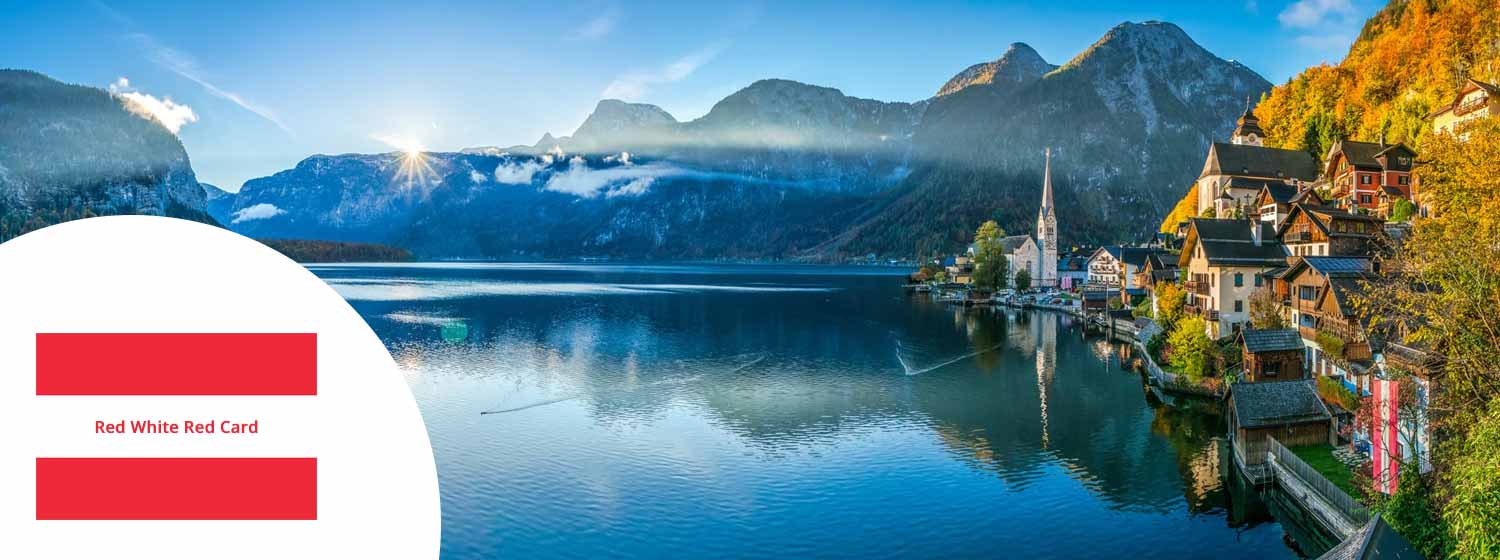 How to get Red White Red Card in Austria
How to get Red White Red Card in AustriaHow to get Red White Red Card in Austria Since 2011 Austria has introduced the Red White…
 Education in Austria
Education in AustriaEducation in Austria Austria, otherwise known as Österreich in the German language simply means the ‘Eastern Kingdom/Empire‘.…
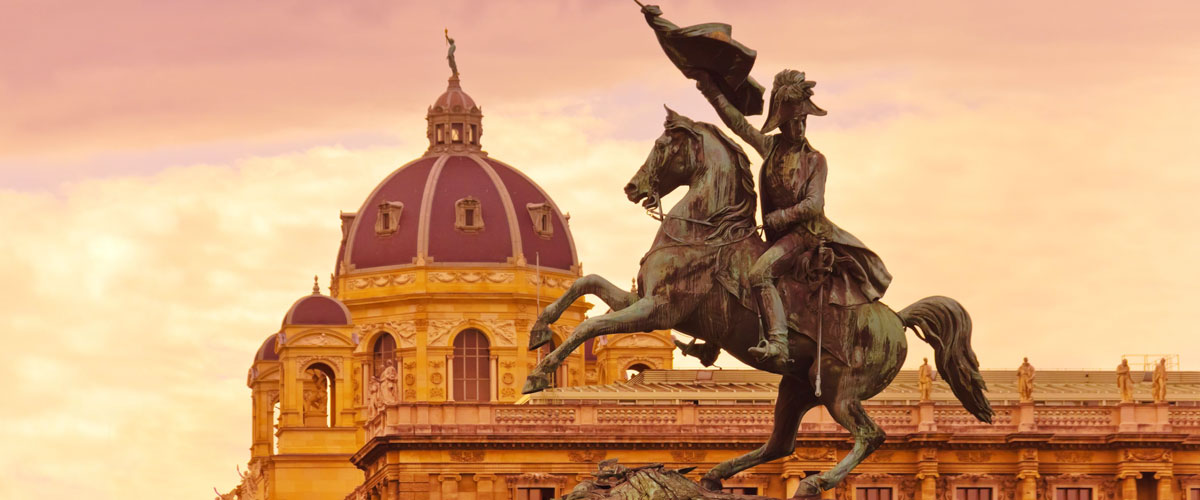 Facts about Austria
Facts about AustriaFacts about Austria Austria is a federal republic, the country is also referred to as ‘Lander’ in…